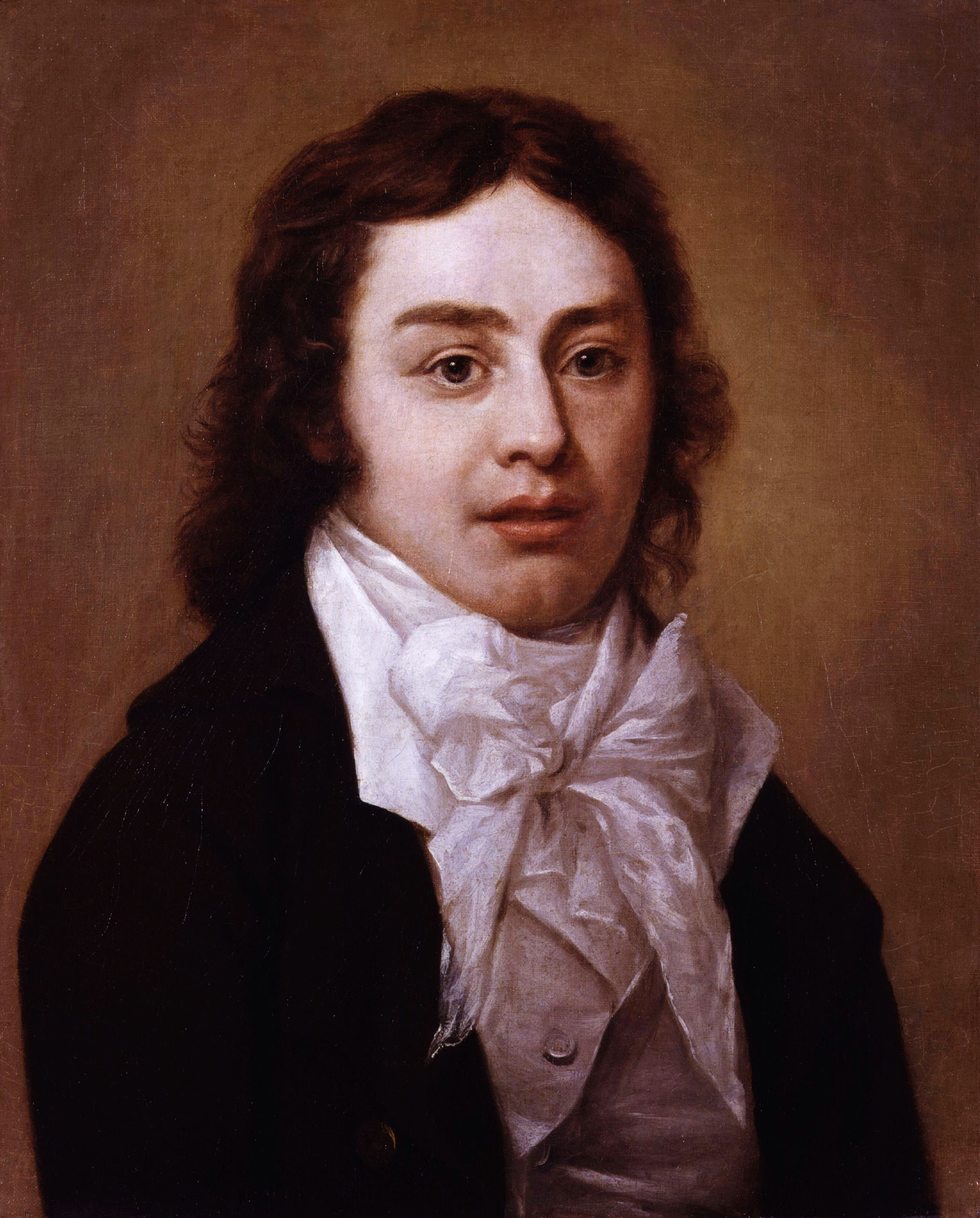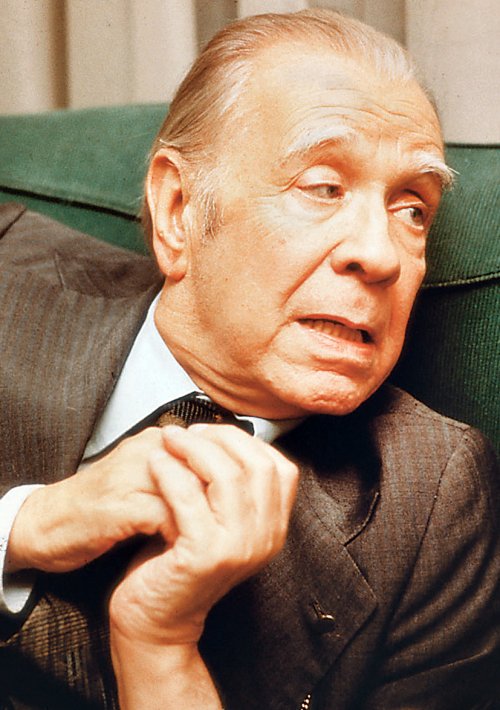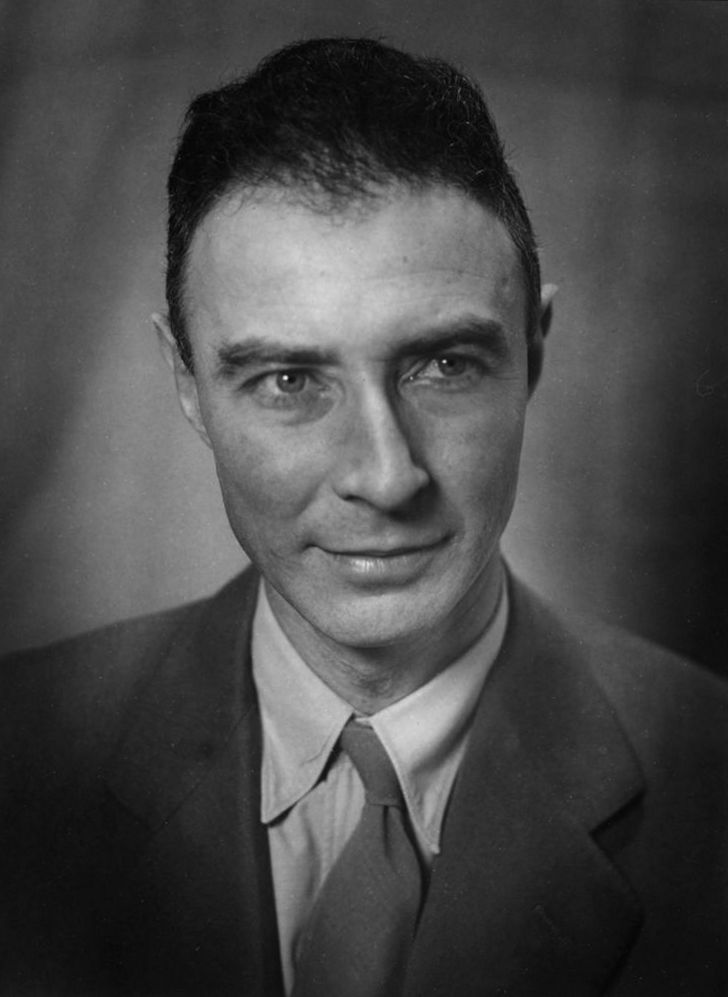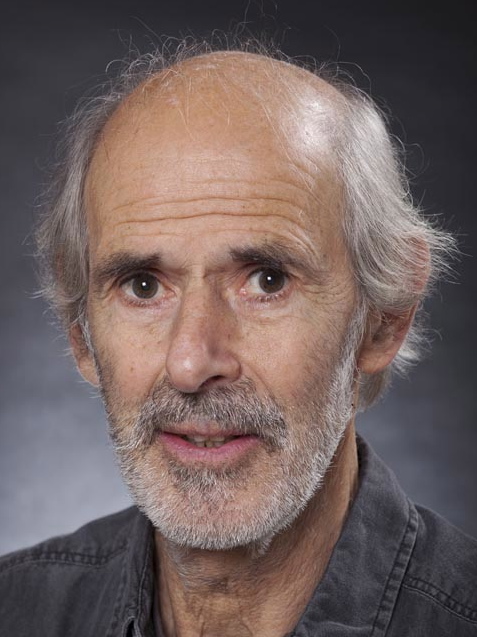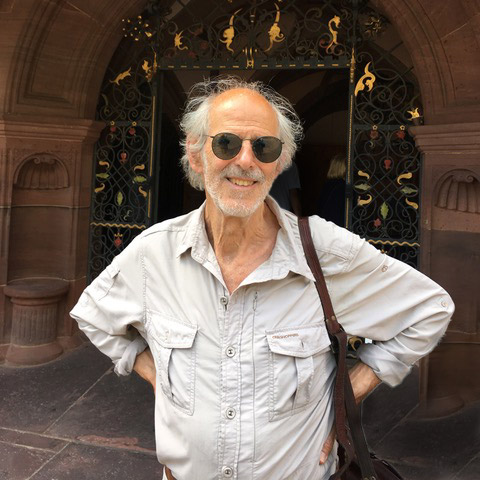WITH GIANTS
OF HISTORY
PATRICK RICHARDSON
TRAVELS ACROSS TIME
from Captain Cook to
Schopenhauer and
Oppenheimer
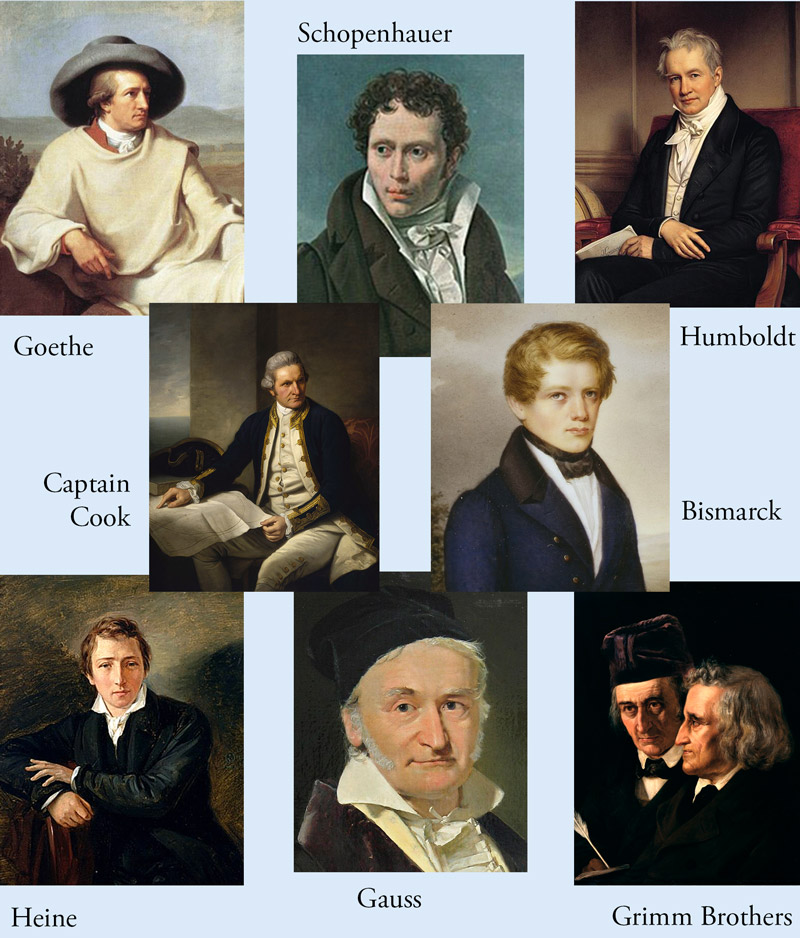
Crossing Paths with Giants of History
Intrigued by the 320 Gedenktafeln which litter the historic Old Town of Göttingen, author and explorer Patrick Richardson discovers during his visits to his father-in-law in this fascinating small German town that seventeen of these commemorative plaques are to world-famous people with whom he has links, however indirect. These include Coleridge, Schopenhauer and Oppenheimer, amongst other literary, political, and scientific giants.
In this highly unusual book, which combines memoir, travelogue and biography, he narrates how these plaques trigger long-forgotten memories about how his path crossed theirs often during his journeys in South America, Central Africa, Central Asia, and the South Pacific. At the same time, he sheds light on their little-known, often enthralling, time in Göttingen, where all but two of them were educated at its extraordinary Georg-August-Universität (associated with over forty Nobel laureates).
Travels across Time
In addition, he skilfully weaves into the narrative how, during his explorations of remote cultures, his path intersected with four iconic European explorers: on the mythical Silk Road in China; in fabled Yemen; in legendary Timbuktu; and in the long-vanished Tibetan kingdom of Guge.

The Silk Road, China

Kingdom of Guge, Tibet

Shibam, Yemen

Mud Temple, Mali
Reviews
Students commemorating the centenary of the founding of Georg-August-Universität, Göttingen 1837
Extracts from Crossing Paths with Giants of History
Coleridge
‘Here they rented rooms in Burgstrasse 22, a run-down quarter of town. Coleridge, oblivious of its notoriety, wrote to his wife Sara that ‘we took four very neat Rooms, at the rate of 25 Shillings a month, the Landlord to find us Plates, Knives and Forks and our Tea Things . . . and to our boarding expenses you must add bread, butter, wood, tea, and washing, and a trifle for the maid.’ Yet just a few weeks after that, he recorded in his notebook that the house was ‘a damn’d dirty hole in the Burg Strasse’, and he moved to Weender Strasse.
From day one, Coleridge didn’t take to Göttingen, which he described as ‘most emphatically an Ugly town, in a plain surrounded by naked Hills’. Suffering, as usual, from anxiety and depression, and still taking laudanum, he complained bitterly about the unrelenting, freezing winter. Nor did he have a high opinion of the Germans. In another letter to his wife, he declared: ‘To my mind, they are an unlovely Race. Every human Being from the highest to the lowest is in a conspiracy against you, and cheating in business is a national crime.’
Borges
“I set off to buy a ticket. The Auditorio del Ministerio de Seguridad Social was at the head of a street lined with espaliered orange trees. But when I entered the building, there was no one in the ticket office, so I pushed open the door of the Auditorio itself. At the foot of an empty, darkened, steeply banked lecture hall, a man in a stone-coloured suit was helping a blind, senescent-looking man with a stick up to a floodlit stage. A thrill coursed through me: I would have recognised that pallid complexion anywhere: it was Borges himself.
Before I could stop myself – the image is still seared in my memory – I was stepping across tangled microphone cables and mounting steps to the stage.
‘Hello, Señor Borges!’ I began in English. There was a momentary silence until the hint of a smile flickered over his face, and his eyeballs gazed vacantly into space.
‘That wouldn’t be an Englishman speaking, would it?’ he enquired.
‘Not really, I replied, ‘I…’”
Oppenheimer
‘Oppenheimer also flourished academically in the university’s Department of Theoretical Physics, where he was regarded as a brilliant – if arrogant – PhD student. He published more than a dozen articles, and made scores of vital contributions to the newly developed theory of quantum mechanics. At the same time, he contradicted anyone and everyone in the seminars, where he was notorious for marching up to the blackboard to correct someone’s error, before he scrawled a corrected proof.
This so irked some students that they presented Born with a petition threatening to boycott his class unless he made Oppenheimer moderate his conduct. Even though Born, who won the Nobel Prize for Physics in 1952, was one of the world’s most celebrated theoretical physicists, he was a self-deprecating man who also felt intimidated by Oppenheimer. So, rather than confront him directly, Born left a note on his desk for Oppenheimer to find: Oppenheimer read it, did as the students requested, and nobody complained again.’
Other Books by the Author

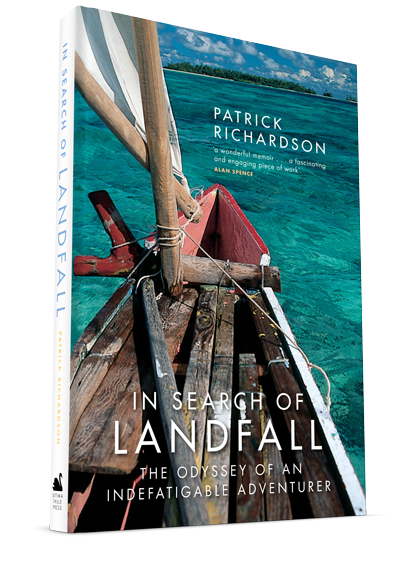
In Search of Landfall
The Odyssey of an indefatigable Adventurer
